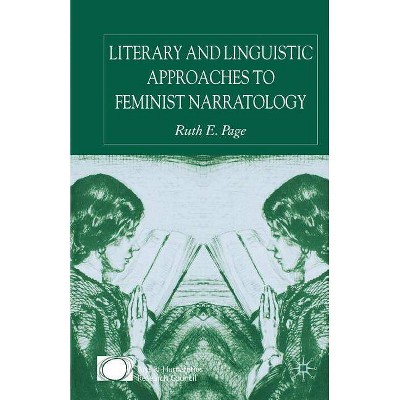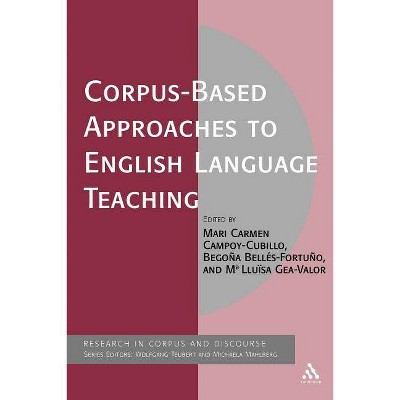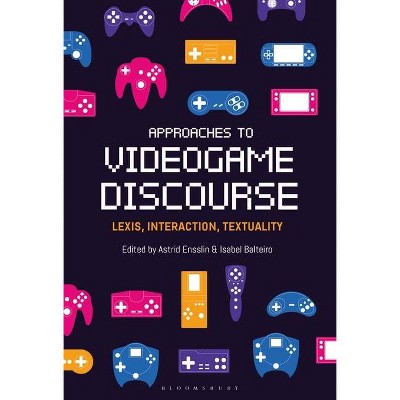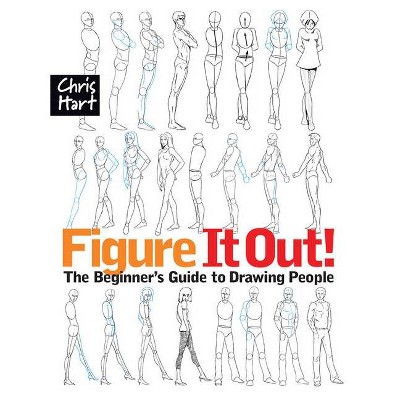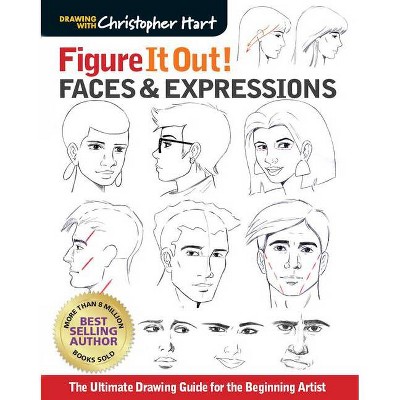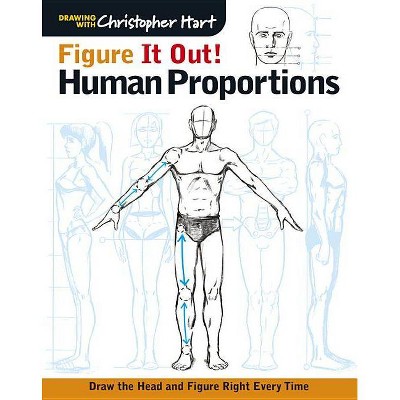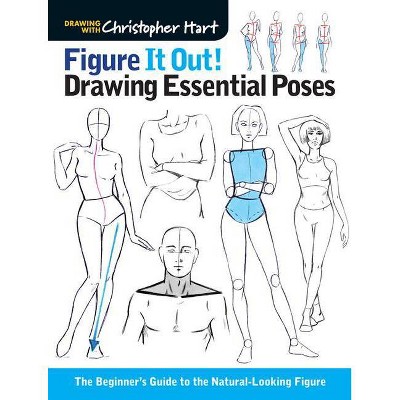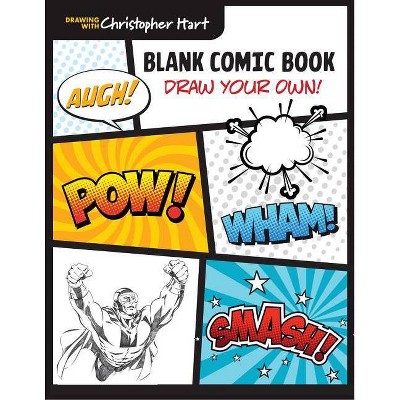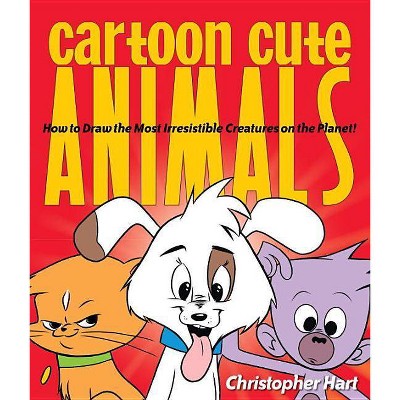Cognitive Linguistic Approaches to Text and Discourse - by Christopher Hart (Paperback)
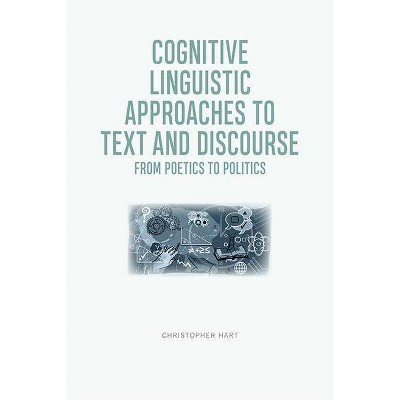
Similar Products
Products of same category from the store
AllProduct info
<p/><br></br><p><b> About the Book </b></p></br></br><p>Drawing on range of text genres including novels, poems, health forums, holiday guestbooks, prayers, political songs and news stories, each chapter uses cognitive linguistics to shed light on the meanings and meaning-making processes invoked when we encounter texts belonging to different literary and political genres. </p><p/><br></br><p><b> Book Synopsis </b></p></br></br><p>Drawing on range of text genres including novels, poems, health forums, holiday guestbooks, prayers, political songs and news stories, each chapter uses cognitive linguistics to shed light on the meanings and meaning-making processes invoked when we encounter texts belonging to different literary and political genres. </p> <p>The book presents new insights into the workings of textual phenomena such as metaphor, viewpoint and deixis and also sheds light on more elusive, epiphenomenal qualities such as a text's ambience, atmosphere, power, ideology or persuasiveness. It also takes new strides in cognitive text analysis by exploiting experimental and ethnographic methods to empirically investigate readers' reception of, and resistance to, texts. </p><p/><br></br><p><b> From the Back Cover </b></p></br></br>'Written by top scholars in cognitive stylistics, poetics, and critical discourse analysis, this groundbreaking collection shows the true breadth and potential of a "usage-based'' framework.' Barbara Dancygier, University of British Columbia Extends the territory of cognitive linguistics beyond the language system to consider texts and discourse in the traditions of cognitive stylistics and cognitive critical discourse analysis. Analysing a range of genres, including novels, poems, health forums, holiday guestbooks, prayers, political songs and news stories, each chapter applies frameworks in Cognitive Linguistics to shed light on the meanings and meaning-making processes invoked when we encounter texts. The book presents new insights into the workings of textual phenomena such as metaphor, viewpoint and deixis but also sheds light on more elusive, epiphenomenal qualities such as atext's ambience, atmosphere, power, ideology or persuasiveness. The book takes new strides in cognitive text analysis by exploiting experimental and ethnographic methods to empirically investigate readers' reception of, and resistance to, texts. Key features - Contributions from scholars across cognitive stylistics and cognitive critical discourse analysis - Texts analysed include Percy Shelly's 'A Summer Evening Churchyard', Donna Tartt's The Goldfinch, the Lord's Prayer, and Bruce Springsteen's 'The Rising' - Applies a range of Cognitive Linguistic frameworks including Conceptual Metaphor Theory, Text World Theory and Cognitive Grammar Christopher Hart is Professor of Linguistics at Lancaster University. Cover image: (c) Getty Images Cover design: [EUP logo] edinburghuniversitypress.com ISBN 978-1-4744-4998-4 Barcode<p/><br></br><p><b> About the Author </b></p></br></br><p>Christopher Hart is Senior Lecturer in Linguistics at Lancaster University.<p>
Price History
Price Archive shows prices from various stores, lets you see history and find the cheapest. There is no actual sale on the website. For all support, inquiry and suggestion messagescommunication@pricearchive.us
